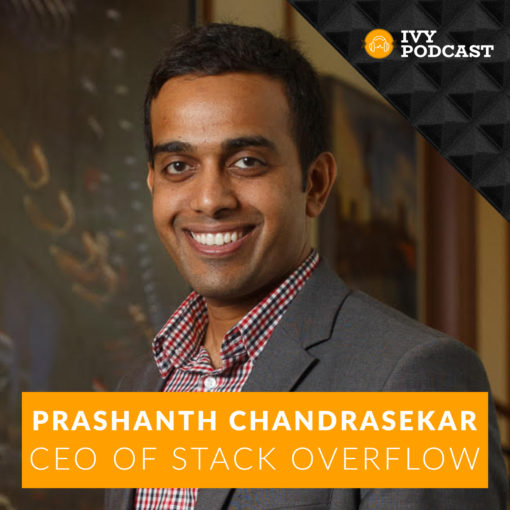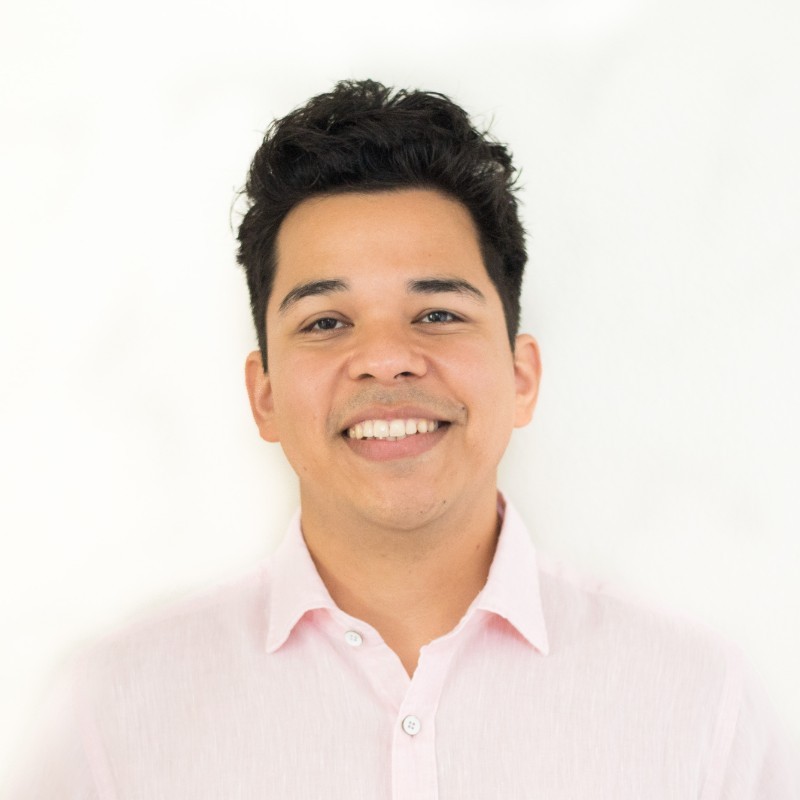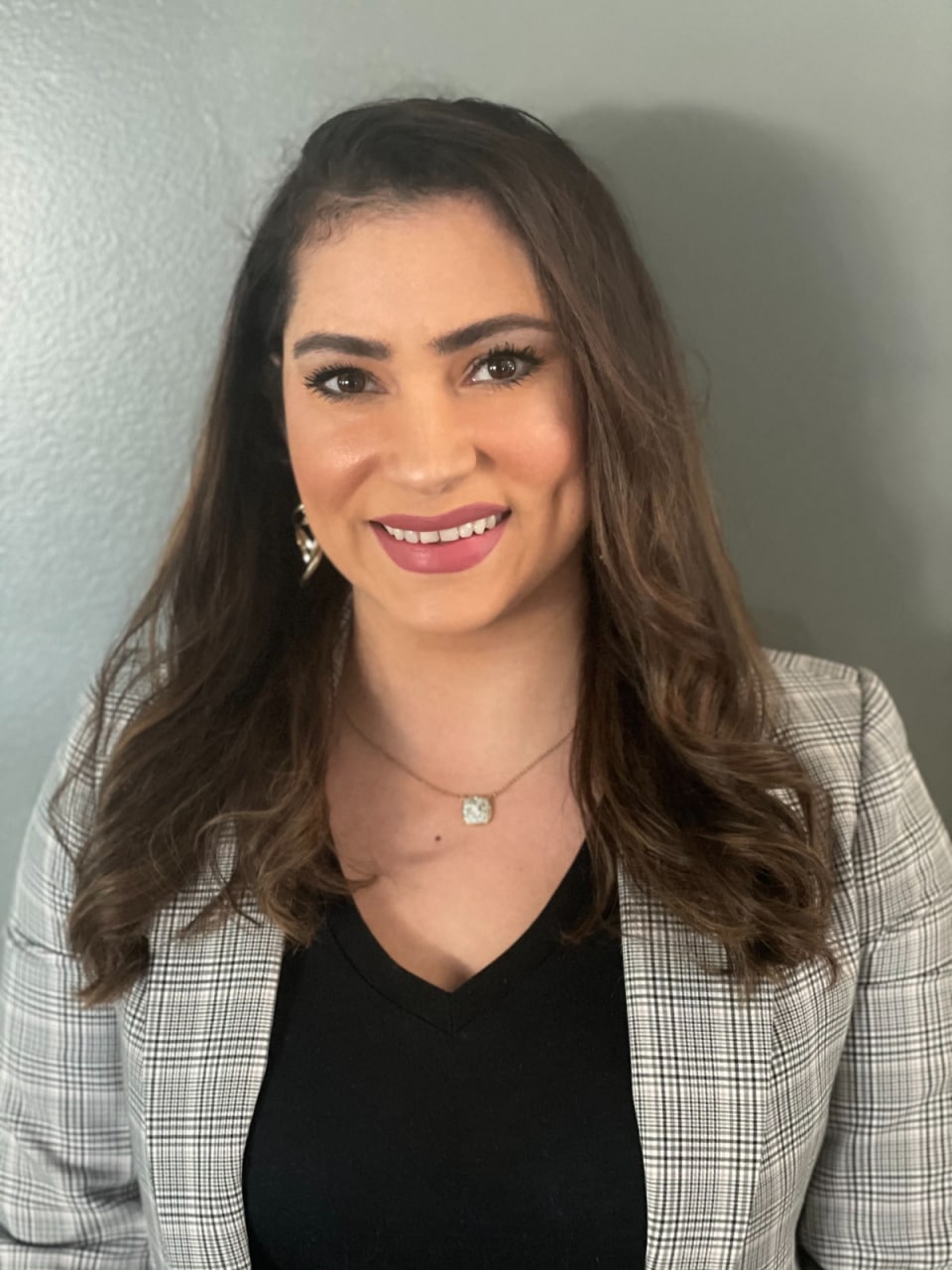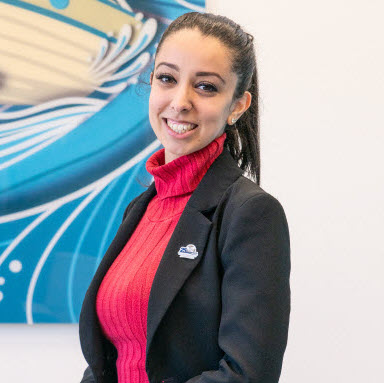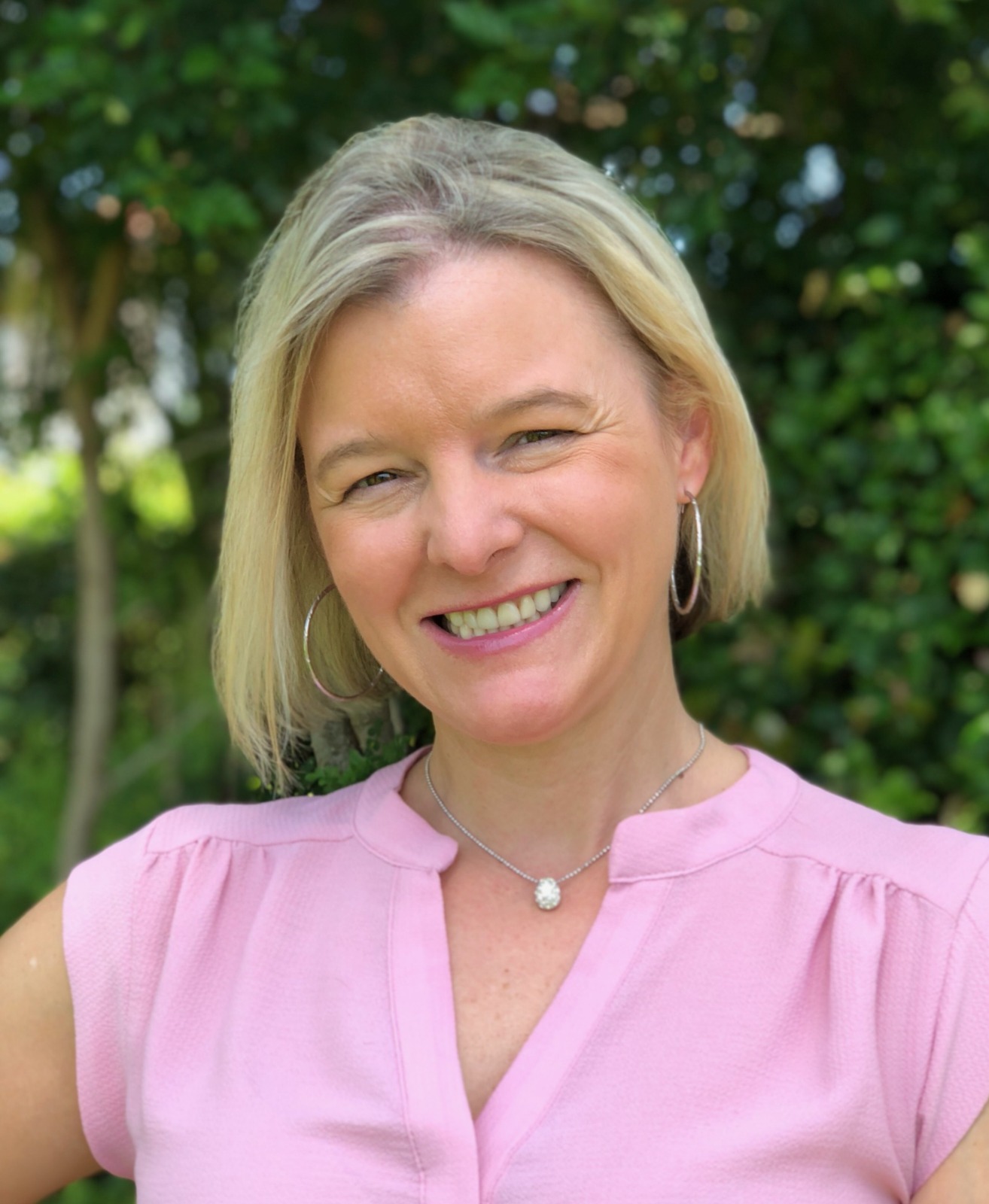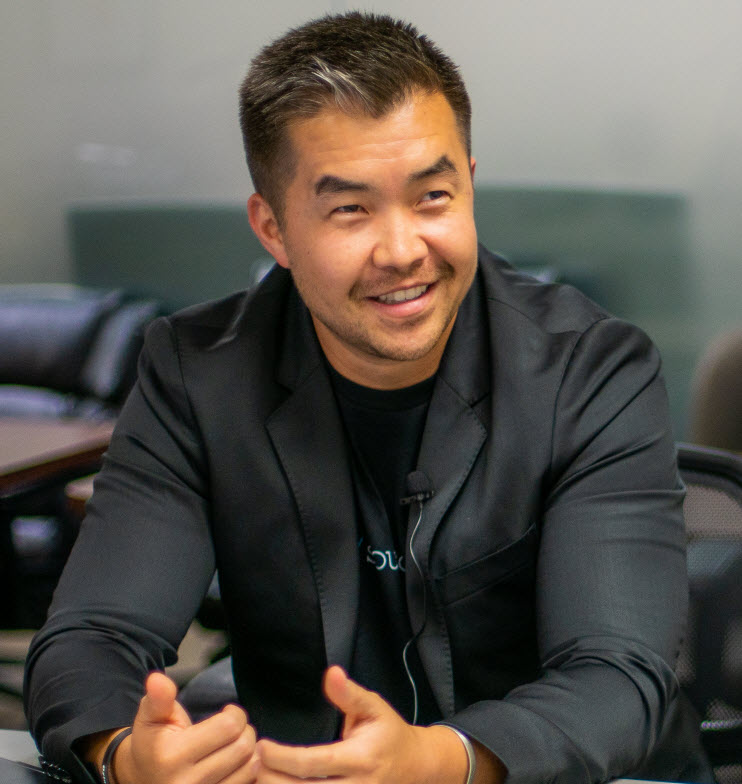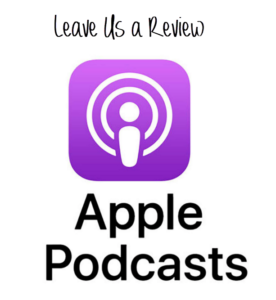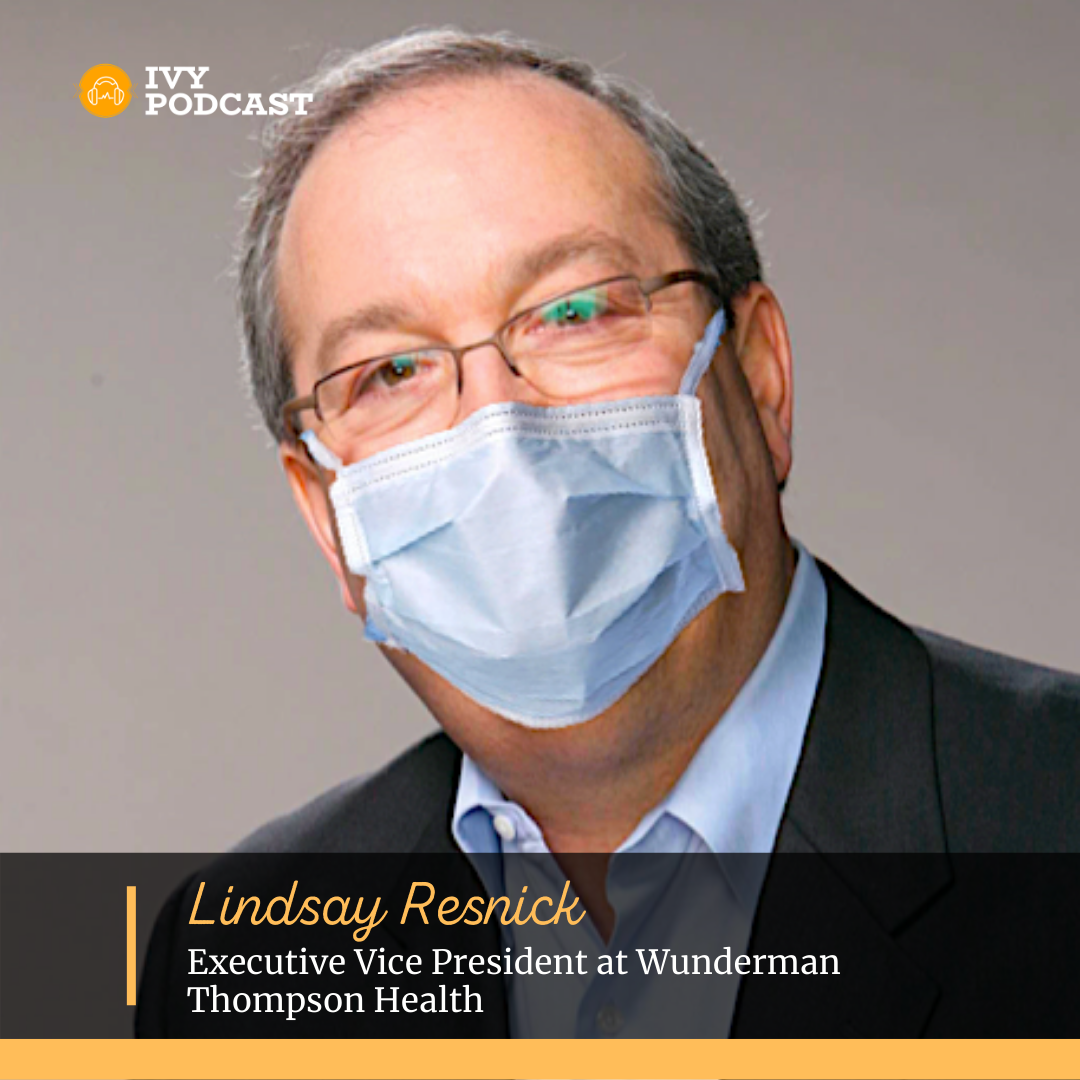
Lindsay is recognized leader in the healthcare and insurance sectors. Since 2010, Lindsay has been part of the senior leadership team at Wunderman Thompson Health, a health care marketing and advertising agency that combines strategy, creative, data and technology to build health care brands and inspire consumers and professionals. Areas of focus span the payer, provider and technology landscape and include consumer data and insights, competitive intelligence, brand direct marketing, customer experience, and sales optimization.
Lindsay is a Mentor at MATTER, a health technology incubator helping entrepreneurs with early-stage companies go-to-market. And he is on the Board of HMS Federal which provides services for prevention and detection of fraud, waste and abuse in the federal healthcare system.
Previously Lindsay held senior executive roles at Weber Shandwick, Gorman Health Group, Healthmarket, and Celtic Life Insurance. Early career experience included Blue Cross Blue Shield Association, Massachusetts Department of Public Health, and Massachusetts General Hospital.
Lindsay has a Masters in Health Administration from Washington University in
St. Louis and a Bachelor of Science in Business Administration from Northeastern University in Boston. He is a frequent speaker and author on topics in healthcare, insurance, marketing and sales. Originally from New York, with stops in Boston and St. Louis, Lindsay is now a deep-rooted Chicagoan.
Episode transcription: [00:00:00] Lindsay Resnick: Every innovation doesn't have to disrupt right there. There could be, yes, there are inventive innovations and disruptive innovation, but there's also innovations to do existing things, better move things along a maturity curve. When the organization is ready to be able to change the way you're doing something. So yes, it could be something very new. And it could be something you've always done, but now have figured out a way to do better. [00:01:03] Lindsay Resnick: Hi, I’m Lindsay Resnick. I'm executive vice president of Wunderman Thompson health, which is part of the WPP network of companies[00:01:12] Jahn Karsybaev: Awesome. Lindsay, thanks so much for finding time to us on the Ivy podcast today. Very excited to start 2021 with this conversation. Tell us a little bit more about your background and your highlights from your career. And then I want to spend a couple of minutes talking about your current role. [00:01:28] Lindsay Resnick: Sure. So, I spent the first half of my career on the health insurance, and healthcare side. Interestingly, and I know we're going to take the conversation later to the current day. But I did way back start at Northeastern university in Boston, which is famous for its co-op program, which really got me started in healthcare where you go to school, for six months, and then they place you in work where you think you want to go. And I played around with accounting. I played around with marketing and finally found healthcare, and have been in healthcare ever since with blue cross blue shield and some commercial health insurance organizations. And then about halfway through, and I've always had responsibility for marketing sales, sometimes compliance, and then about halfway through my career, I flipped over to the pure marketing and advertising side of things. And then for the last 10 years I've been at Wunderman Thompson health, which is a marketing and advertising data-driven organization that are part of that organization just focused in healthcare. [00:02:55] Jahn Karsybaev: Awesome. Wow. That's exciting. Thanks for sharing with us a little bit by your backgrounds, in terms of your current role, what falls under your purview and share with us anything that's interesting from that particular space? [00:03:06] Lindsay Resnick: Sure. So Wunderman Thompson health cuts across the entire healthcare spectrum part of our organization is more heavily focused in the pharmaceutical side of the business. My group focuses on organizations that sort of are responsible for paying for healthcare. So health insurance companies, as well as providing it provider organizations and health technology companies. My role is sort of a combination of business development. marketing and thought leadership for our niche in that business, and then client advisory council. So strategies where they should look at what's coming next in the marketplace. [00:03:56] Jahn Karsybaev: Very interesting. I want to talk a little bit more about this, but before we do want to get your perspective on a topic that sounds very passionate about. I talk to a lot of executives on this podcast, it’s all around innovation, because for every executive, I'm pretty sure, yourself included, innovation at the forefront in terms of how do we continuously innovate, make things better, whether internally or for our customers and so forth. Tell us, what does innovation mean to you? And then more over as far as strategies or any recommendations as far as what has worked well for you, or maybe didn't what have you learned through the process when it comes to building and fostering that culture of innovation? [00:04:40] Lindsay Resnick: Yeah, I mean, I guess from the backend of that question, every innovation doesn't have to be disrupted right there. There could be, yes, there are inventive innovations and disruptive innovation, but there's also innovations to do existing things better, move things along a maturity curve. When the organization is ready to be able to change the way you're doing something. So yes, it could be something very new. And it could be something you've always done, but now have figured out a way to do better. One of the interesting things right now that I'm seeing is innovation through collaboration, which basically says to an organization. Listen, you're an organization. That's good at certain things. There may be people in the market that do other things better that you may need to do or latch onto what you do today. And there's nothing wrong with a collaborative partnership like that. And we're seeing a lot of that in healthcare right now. So you're seeing Walgreens, for example, partner with a primary care delivery organization. So they will use their clinics and it will be co-branded with Walgreens. So we were seeing a lot of that collaboration. I think that's a good thing. [00:06:13] Jahn Karsybaev: Yep. Oh, absolutely. I love what you said about initially the kind of the perception of innovation doesn't necessarily have to be disruptive, industry changing type of thing. You could be as small as improvement or an existing process or something, and innovating through experimentation as well. It's something that's an interesting concept. That's and I love some of the examples that you have provided. So appreciate that in terms of some of the trends or ideas that really excite you these days, whether that's in healthcare space and marketing or anything outside of that share with us. What's on the mind of Lindsay? What are you researching? What would you invest in? What are you predicting to be the next kind of really impactful trend in the short period. [00:07:03] Lindsay Resnick: Yeah, so interesting and linked a segue from the conversation. We just had one of the things that I've done is doing some mentoring at a health technology accelerator here in Chicago. And there's also one in the same building. That's not healthcare specific and what these are. So these are organizations where generally it is an invention or it is something new. And it's brought as an idea or an initial business plan from a group of engineers or group of physicians that they're not lawyers. They're not generally marketers. They don't know how to go to market. So working with those has really kept me in touch with what's happening in my side of the industry. And Sarah would be the same thing in transportation or any other. So as sort of podcasts, Word of advice. If people have the opportunity to do that, hey, it's a little bit of give back, and it's a way to really keep your head into what's happening in terms of innovation. So I've been mentoring, a company that came up with something very simple. It's a sensor that goes under a mattress for a senior citizen. And when they get up in the middle of the night, the lights to the bathroom go on because that's the most likely of an incidence of them fall. And then if they don't get back in bed, a notice goes out to either someone they've identified in the community as a caregiver or the front desk at an assisted living facility. So they know the person needs to be checked on these kinds of innovations. And there's this right now, a ton of them in the healthcare sector. If you track the consumer electronic show, which cuts across all industries, the healthcare section of that show has just boomed from remote monitoring to every aspect of healthcare that you could think of. So you really now have to build that into it, it's almost a new site of care for people. People can be at home in it and don't have to go to an office or a facility that's been accelerated because of COVID, but now you're going to see things for your healthcare at home that is really transformational. [00:10:01] Jahn Karsybaev: Oh, that's very interesting. And that one example that you gave, the device for senior citizens, that sounds pretty cool in terms of that innovation being born out of necessity. That quote really stuck with me when I interviewed CTO of L'Oreal and that's what all he spoke about from that perspective. So that's a good example of the kind of result of that you've mentioned initially. Data-driven marketing. Can you tell us a little bit more about that? So, everything is data these days, a lot of buzz words. When it comes to big data, a lot of data science, data warehousing, all of those great concepts are very sexy, but at the same time when it comes to the actual implementation and leveraging of data to make certain decisions data-driven approach or actionable data. It's a little bit of a different story. So we're curious to get your perspective on that. How do you make that work? What things to look out for anything from high level perspective. I know it's a very loaded question, but any insights from there that would be great. [00:11:10] Lindsay Resnick: Yeah. And in marketing right now, there's that fine line between using data to best know your customer really well, and the line is, or getting a little too creepy, like a little too much about me that I'm comfortable with. But when I say data-driven yet, it is all around this big data, but it's also the best way to know your customer and for marketing now, whether I'm marketing to someone who is thinking about enrolling in a medicare plan, or I'm thinking about someone who's going to go buy something, a product at best buy there's things that you could know about that potential customer. Are they online shoppers, are not online shoppers, generational information, so some of the basic demographic, but also social media habits and a whole range of lifestyle, life, stage indicators that let you take the right products to the right people. And the ability to do that is efficiency from a marketing dollar standpoint and a connection from MIT connecting with the person who's this product best suits, or am I just throwing it up against the wall? In a healthcare example is telemedicine where a lot of people have access to it. Now, I think upwards of 80% of employers, large employers offer it. But they were sort of just throwing it out there. Or when people were in offices, there would be a poster in the lunch room about it. But the uptake was, nobody was using it. It was single digit. Now COVID changed that game. But what also changed the game was companies that started saying, well, who's using it. Millennial moms. Well, let's message different millennial moms. Then the pre-retiree who may have different reasons or different motivations from calling. So it's part of how you motivate someone to take an action. And I contend the best way to do that. And the data is available through data. [00:13:47] Jahn Karsybaev: Very interesting. And thanks for, for some of these insights and couldn't agree more with you as far as also iterating really starting from smaller without trying to do the entire transformation when it comes to leveraging data, using data for decision-making capabilities. So that's very interesting. I'm pretty sure we can talk about it. There are particular topics for the rest of the podcast, but we'll keep moving. There's something I want to talk to you about is I'm pretty sure that's also as an executive. It's at the top of your mind 24/7. It really evolves around surrounding yourself with the best people, with A+ players, someone that really helps you take not only your personal productivity, but also everything around that you're responsible for to greater heights. So, quick first question. When candidates interview with you, give us a glimpse into the interview with Lindsay. What does that look like? Do you keep it pretty traditional or do you get creative? So any insight into that process would be appreciated. [00:14:57] Lindsay Resnick: Sure. Yeah. I guess one would say I keep it pretty traditional. I don't ask if they were put in a blender and had one thing to get out, but there are things there. I'm looking for. Right. And one of them is, are they listening? Do they listen? Which sounds basic, but listening insight to an organization is critical. What are they going to be like to have on a team and their work? How are they going to work on a team? So, I've made pro around past experiences in terms of team collaboration. And then, so two pet peeves of mine that I try to make sure I'm addressing is curiosity. There's nothing I dislike, whether than someone inside my organization asking me a question and it takes me under five minutes to do a quick Google search and find the answer out. That they didn't do that first and come to me and say I've looked everywhere, so am I hiring a person who has a high degree of curiosity and this probably sounds old school, et cetera, but work ethic. Is it someone who's just looking for a job or they looking for something they're going to be passionate about. Now you could say, well, who joins a health insurance company for example, and is passionate about it? Well, there are things in, maybe you're passionate about marketing, or maybe you're passionate about managing, helping someone manage their care. Well, those passions can be realized inside the health insurance company or inside a marketing organization, there may be different things. Right. And then from a skill base, I would say that writing is something that whether it is core to a particular position, something that I look for and try to probe around with somebody. [00:17:23] Jahn Karsybaev: Right. Absolutely. No, I love these examples, especiallyyou've mentioned, which seems as very basic in terms of listening, but a lot of times it's often overlooked. There's one question that I really like to ask when I interview candidates is something around, if I were to talk to your current manager, what do you think they would say? Is that candidate's greatest weakness? And a lot of times the candidate's mistake that immediately starts jumping into my greatest weakness is, and without realizing the question is all around your self-awareness of what the other person thinks is your weakness. Right? It just kind of goes hand in hand with what you were talking about. So for our listeners, if you are going to be interviewing with Lindsay, you have some insider information on the interview process. So thanks for sharing that, that's great advice. And when it comes to attracting and retaining the top talent for your teams, what are some of the strategies that really have worked well for you in a PA in the past, or currently that you're utilizing. They really help you surround yourself and attract really the top talent in the industry. [00:18:35] Lindsay Resnick: I think it's obviously where you look for that town, but it's also where there are pieces of what I'm looking for, that someone can grow into. So if I'm in the healthcare business and I'm looking for a marketer. It probably behooves me to look for the best marketer and I'll help them get the healthcare knowledge they need, or it may be vice versa, but it depends on what you're looking for from a position standpoint, but it may not always have to be someone from inside the industry, but I think that's important saying that I've seen it work both ways. So I've seen that at the executive level. Someone we're going to bring someone in from the airline business to run a blue cross blue shield plan. I'd say there's been mixed results with that. They may be great managers, brilliant people, but there's certain at certain levels, they have certain things about an industry and industry knowledge and history in an industry that I think are important. So it's a balance, but there's things that someone can learn on the job and be okay, be one of your best hires. Right? [00:20:08] Jahn Karsybaev: Right. Absolutely. That's very interesting. And then it, as we were talking about the interviewing, you've mentioned a couple of critical skill sets such as writing and listing. What else would you highlight as far as most in demand yet? Very hard to find skill set in your industry and how do you go about addressing that need? [00:20:31] Lindsay Resnick: Yeah. I mean, we may get back to your innovation to innovation. Is it somebody that is going to be able to see beyond a job description or see beyond what the traditional position may entail to be able to go to new directions with it? So, no, I guess that's a future thinker or somebody that can take something and bring a lot of what ifs we did it this way. Or what if we went over here? [00:21:19] Jahn Karsybaev: Right. I agree with that because especially now with shifting completely to remote, virtual world, these types of skill sets, there's even a greater light shining on that ability to collaborate remotely and thinking outside the box, but also relaying that message, when you collaborating with your teammates or your superiors or your direct reports remotely, I think that becomes even a greater challenge. And that communication skill is paramount in that particular environment. So that's very interesting. Lindsay, from the perspective of your, what I like to call content diet, what are your sources of information? What are your sources for learning. Share with us any, whether that's a bookmark over a blog or it's a Twitter profile that you followed? Tell us what you are reading these days in terms of. [00:22:16] Lindsay Resnick: Under the category of for better or worse, right. I do follow and look at certain Twitter people from a healthcare standpoint and a marketing standpoint, I would say there's also probably for daily newsletters that I go to that are more industry-based. So I can start the day knowing I know what I'm up to date on. What's happened around the healthcare and insurance business, and what's happened as that relates to in Washington. And I'm fairly active on LinkedIn, but again some of these things are wind up being your bubble. Which good news or bad news. Right. But I try to look at a couple of newspaper, well, Wall Street Journal, and a local newspaper: Sunday, New York Times, just to get the range. [00:23:30] Jahn Karsybaev: Absolutely. Yeah, that's very interesting. And you've nailed it when it comes to kind of living in that little bubble, especially when it comes to your specific, whether that's industry or personal interests so that there's a lot of opportunities there. And furthermore, but last but not least is twofold. Question is what are you currently reading when it comes through to a book? And if that's different from the book that you always recommend, whether it's a, what is that then? Why do you recommend it? [00:23:59] Lindsay Resnick: [00:23:59] Okay, So, I'm not gonna bullshit. Yeah. I'm not reading the extensive history of Winston Churchill reading downtime. I'm going to go to David Baldacci, John Grisham, Nelson DeMille, and read some mystery spy train. From a business perspective, the book I have been recommending is called Getting Naked by PatrickLencioni. And I recommend it to you because you look like you haven't read it. [00:24:43] Jahn Karsybaev: I haven't heard about it, but definitely gonna. [00:24:46] Lindsay Resnick: Check it out. It's really about business transparency and not being afraid to give something away for free in fear, oh, then they won't buy anything else from me. And really it's about a little consulting firm that keeps eating the big dogs on new business and the big dog says, go in there and look at it and let's just buy it. And what they go in as they go in and they have honest open discussions and they say, maybe you should look at the, they're very transparent about the strategy or the advice they're going to deliver. And sure someone could walk away. Well, that's good. I went fishing and I got in, but it's really the bigger strategy. And nine times out of 10, those people came back and bought the smaller services of the smaller insurance of the smaller consulting firms. It's an easy read. And it's told in a story about a big company buying this little company and then having a little company try to change once it's got a quiet, very relevant to what's going on right now. In the consulting world, but be in the integration this so much. Merger and acquisition activity and consolidation in most industries right now, you could be as an outside or know which ones are going to do it. And which ones are just not going to leverage, what little value do they think? Just by getting rid of one of the HR departments, condensing legal, some of the administrative stuff, then we've made our business synergies, quote, unquote. Well, there's a lot more that these organizations can do to integrate, to really get the value of a combined organization. It doesn't happen all the time. [00:26:48] Jahn Karsybaev: Well, very interesting. I'm definitely going to add that to my growing list of books I need to read. And for our listeners, we'll make the title and author of these books available in the episode notes, Lindsey. Thank you enough for your time today. It was a very short, but very insightful conversation. Personally learned quite a bit. Definitely gonna stay in touch with you. And perhaps we can do another episode in the near future, probably in a year. See how much I've changed, transpired, and we'll stay in touch much. Appreciate it. [00:27:16] Lindsay Resnick: Sure. Thank you very much. Appreciate the opportunity.
Welcome to Ivy Podcast! On this Executive Leadership Podcast we interview top executives from Fortune 500 with a focus on strategy, innovation, negotiation and everything about leadership.
Our Podcast for Executives features Thought Leaders who share practical insights for effective leadership, continuous innovation and strategy execution.
Ivy Podcast is a rapidly growing Executive Podcast, which covers topics like Hiring and Retention Strategies, Talent Acquisition, Innovation, Digital Transformation and much more.
On this Leadership Podcast, you will find conversations with the most accomplished executives from Fortune 100 companies. We aim to cover a broad range of industries and create a learning platform for the most ambitious and high potential professionals who are looking to learn from the most accomplished Executives on this Business Leadership Podcast.



